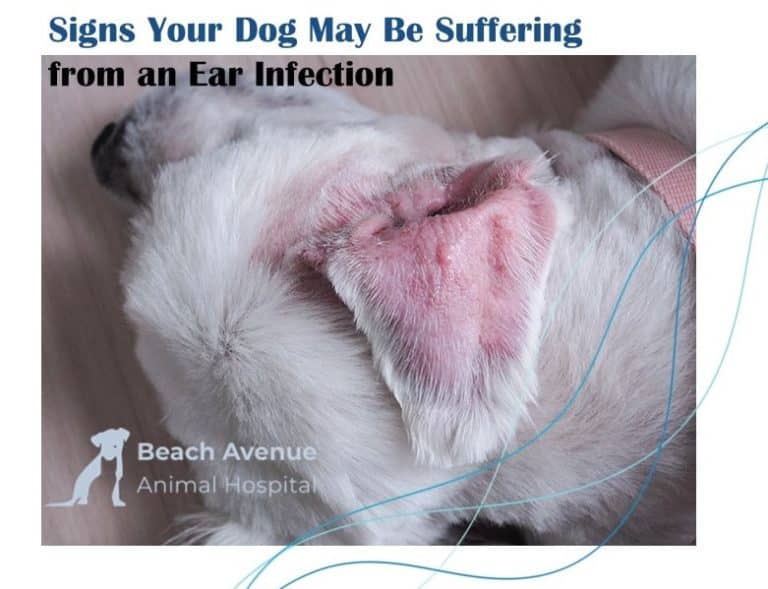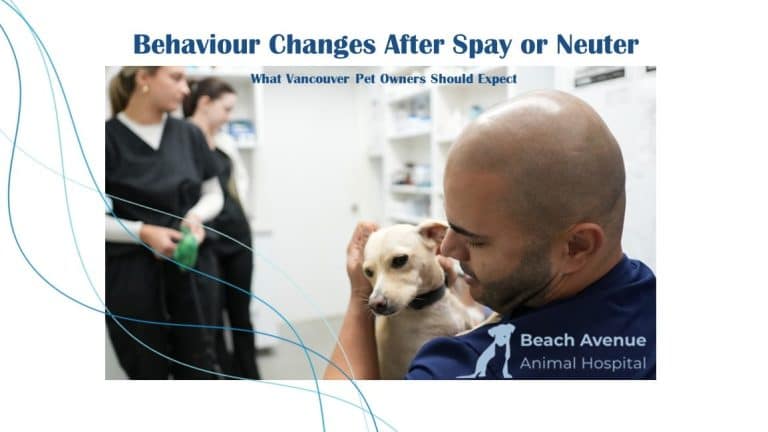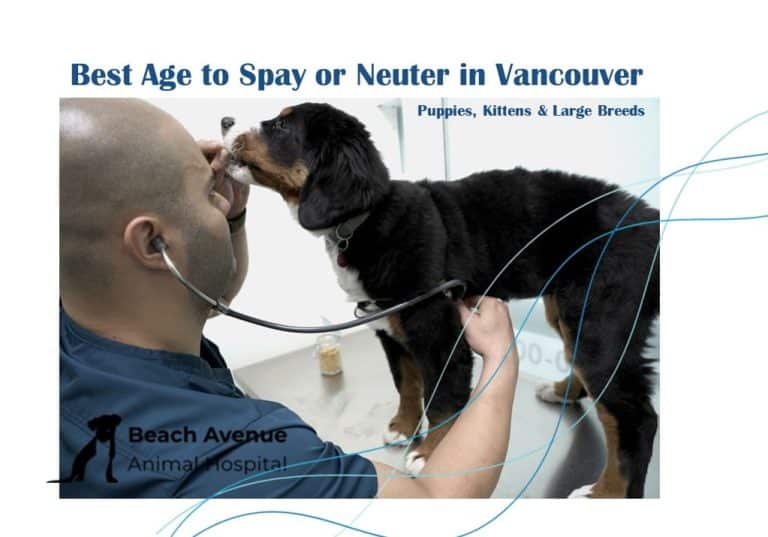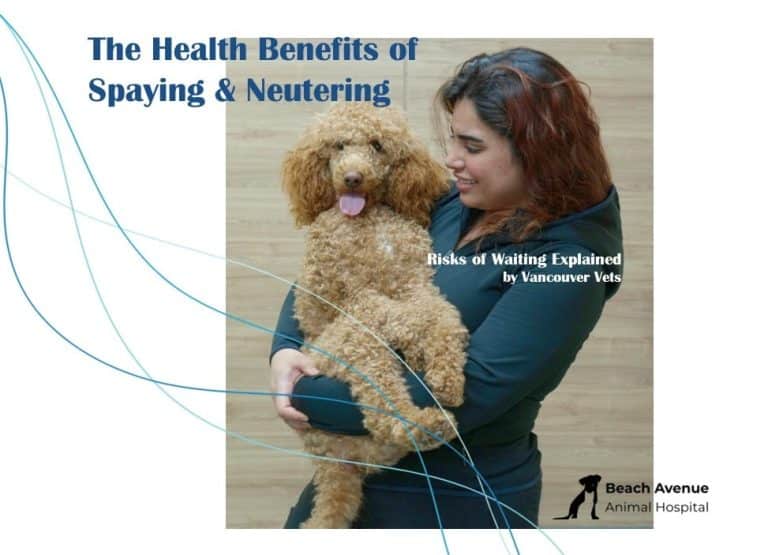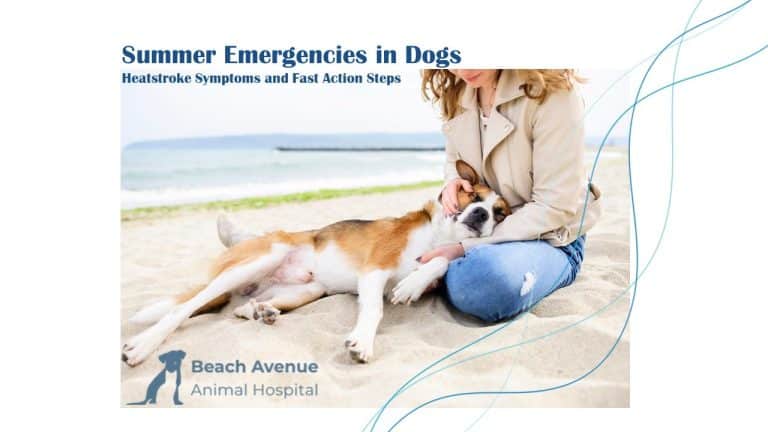A cystotomy is a pet surgery that involves opening a dog’s bladder. Vets perform this procedure for various medical reasons, including removing bladder stones, tumors, or foreign objects. If your dog has been diagnosed with a bladder issue, understanding cystotomy can help you make informed decisions about their care.
What Is a Cystotomy?
A cystotomy is a surgical incision into the bladder. It allows a veterinarian to access and remove obstructions, growths, or other problematic materials. This procedure is common in dogs with bladder stones, persistent infections, or other urinary tract issues. The goal is to relieve discomfort and restore normal bladder function.

When Is a Cystotomy Needed?
Your vet may recommend a cystotomy if your dog has:
- Bladder Stones: Hard mineral deposits that can block urination and cause pain.
- Tumors or Growths: Masses in the bladder that require removal.
- Bladder Trauma: Injuries leading to bladder rupture or dysfunction.
- Foreign Objects: Items swallowed by your dog that have entered the bladder.
- Severe Infections: Chronic urinary tract infections that don’t respond to treatment.
What Happens During a Cystotomy?
- Pre-Surgery Preparation: Your vet will perform tests like ultrasounds, urinalysis, and bloodwork to assess your dog’s health.
- Surgical Procedure: Your dog will be under anesthesia. The vet will make an incision in the abdomen and bladder, remove the problematic material, flush the bladder, and close the incision with sutures.
- Post-Surgical Care at the Clinic: Your dog will be monitored for complications, given pain medication, and may stay overnight for observation.
Recovery and Aftercare
Proper post-surgery care is key to a smooth recovery.
- Limit Activity: Avoid running, jumping, or rough play for at least two weeks.
- Medications: Follow your vet’s instructions for antibiotics and pain relief.
- Hydration and Diet: Encourage water intake and follow any dietary recommendations to prevent future bladder issues.
- Watch for Complications: Look for signs of infection, trouble urinating, or lethargy and contact your vet if you notice anything unusual.
Potential Risks and Complications
Like any surgery, a cystotomy has risks. These include:
- Short-Term Risks: Bleeding, infection, or swelling at the surgical site.
- Long-Term Considerations: Some dogs may develop scar tissue or experience recurring bladder stones.
- How to Minimize Risks: Ensure proper aftercare, follow up with your vet, and maintain a healthy diet for your dog.
Conclusion
A cystotomy can significantly improve your dog’s quality of life by relieving pain and preventing life-threatening blockages. If your vet recommends this procedure, understanding what to expect will help you provide the best care for your pet. If you’re in Vancouver, consider reaching out to Beach Avenue Animal Hospital for expert pet surgical care. Always consult your vet with any concerns or questions about your dog’s recovery and future bladder health.
Frequently Asked Questions
- What is the success rate of cystotomy in dogs?
- The success rate is high, with most dogs recovering well and experiencing symptom relief. However, the outcome depends on the underlying condition and post-surgery care.
- How long does it take for a dog to recover from a cystotomy?
- Recovery typically takes 10 to 14 days. During this time, activity should be limited, and post-operative care must be followed.
- What are the risks of bladder surgery in dogs?
- Risks include infection, bleeding, recurrence of bladder stones, and potential complications from anesthesia.
- How do I know if my dog needs a cystotomy?
- Signs like frequent urination, blood in the urine, straining to urinate, or repeated urinary infections could indicate a need for surgery. A vet will confirm through tests.
- Are there alternatives to cystotomy for bladder stones?
- In some cases, dietary changes, medications, or non-surgical procedures like urohydropropulsion can help dissolve or remove stones.
- What should I feed my dog after bladder stone surgery?
- A vet-prescribed diet may be necessary to prevent stone recurrence. Hydration is crucial, and certain diets help maintain urinary health.
- Can bladder stones come back after cystotomy?
- Yes, some dogs are prone to recurrent bladder stones. Regular vet check-ups and dietary management can help reduce the risk.
- How much does a cystotomy cost for a dog?
- Costs vary depending on location and severity but typically range from $800 to $3,000, including pre-surgery tests and aftercare.
- Is cystotomy painful for dogs?
- While the procedure itself is done under anesthesia, dogs may experience discomfort post-surgery. Pain medication will help manage this.
- What are the signs of post-surgical complications after a cystotomy?
- Watch for excessive bleeding, swelling, infection, difficulty urinating, or lethargy. Contact your vet immediately if you notice any concerning symptoms.


